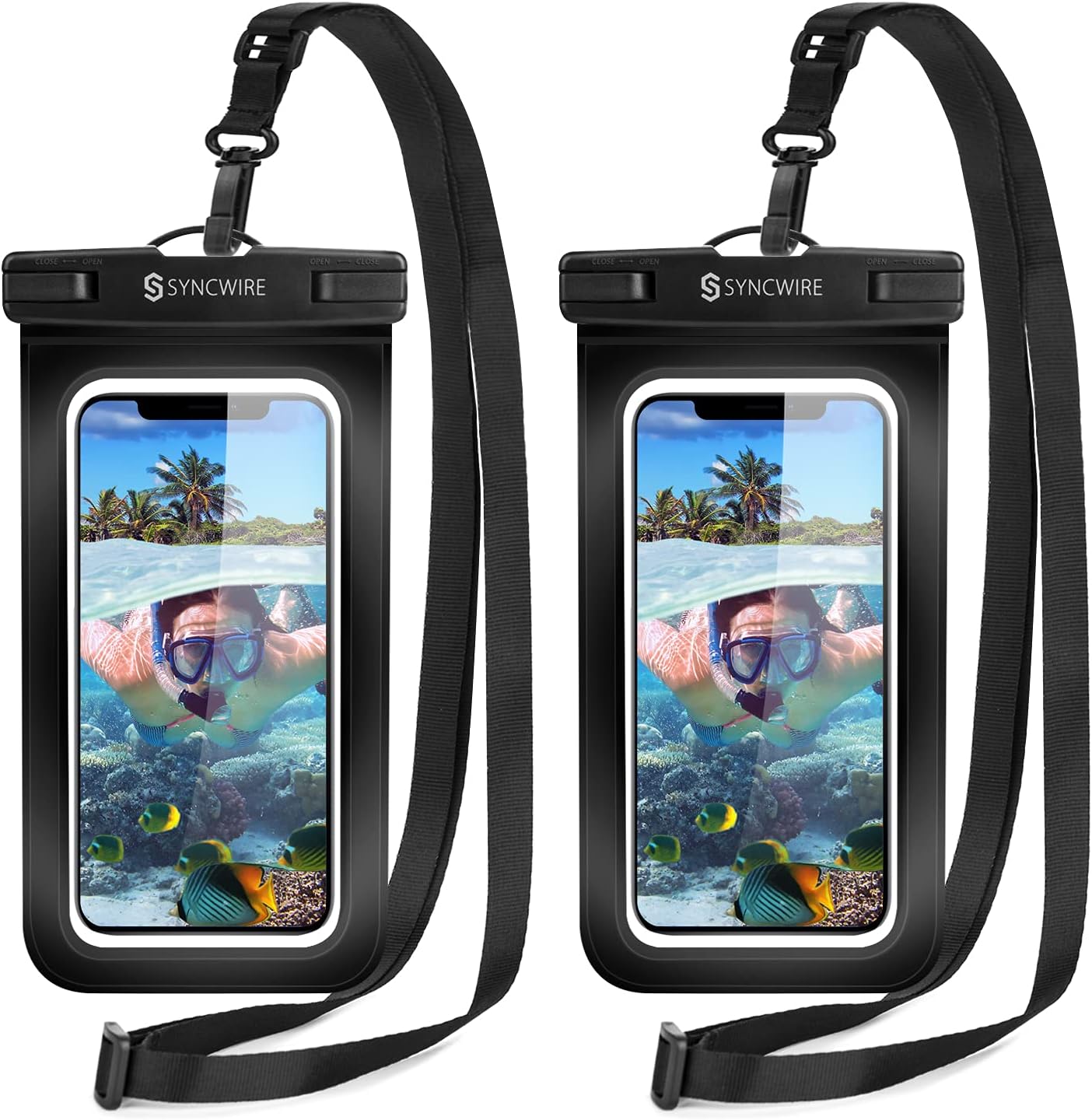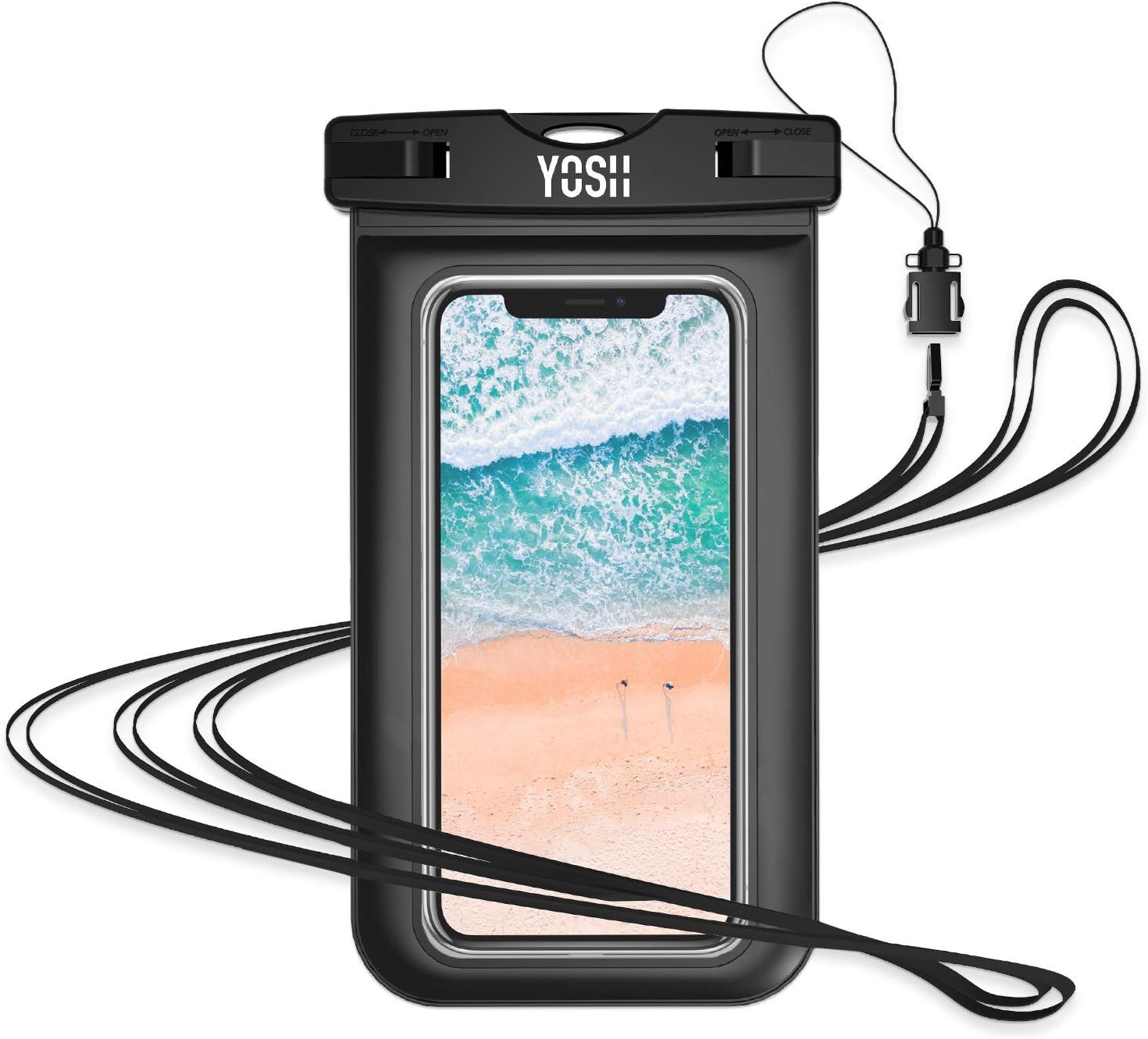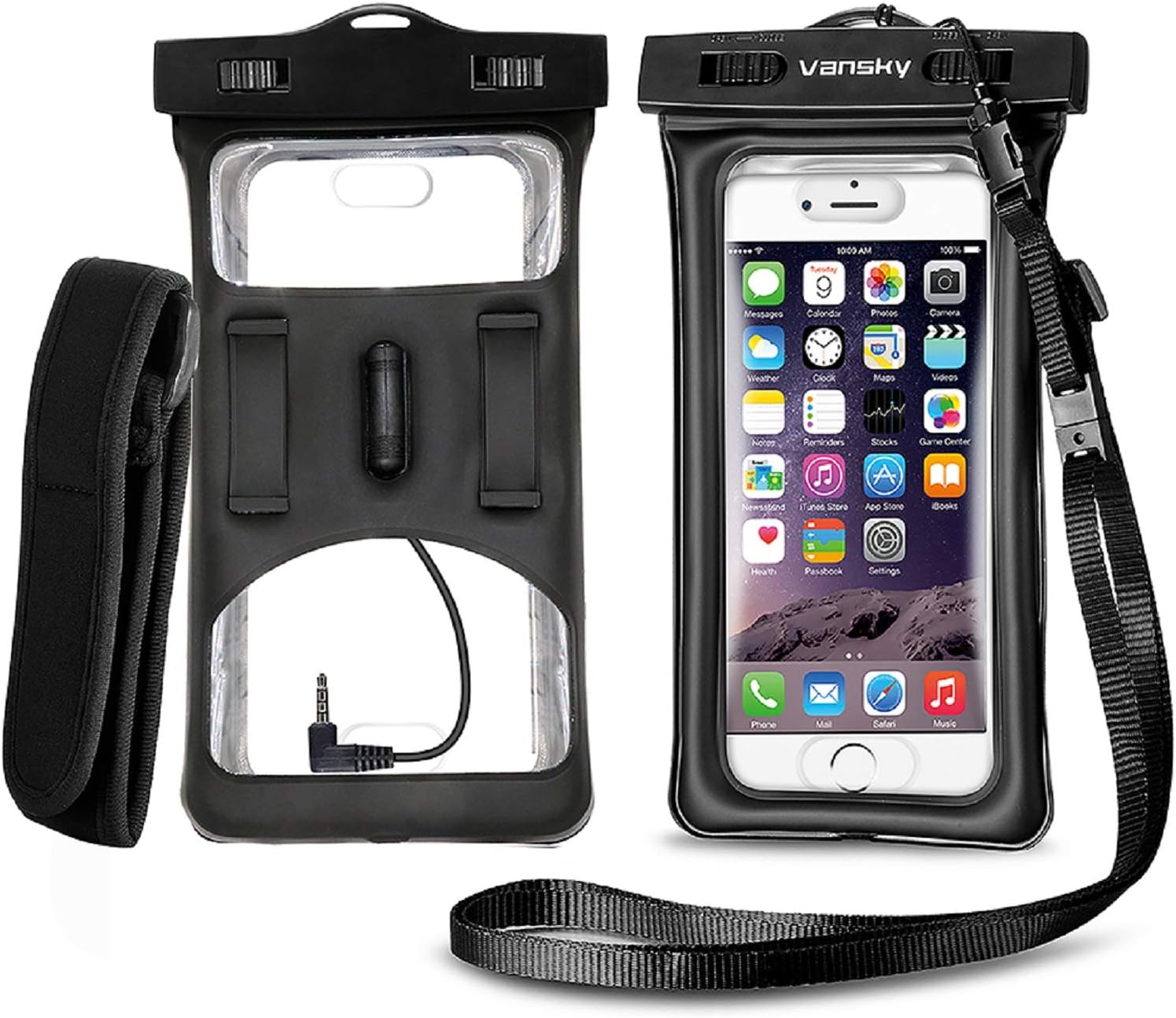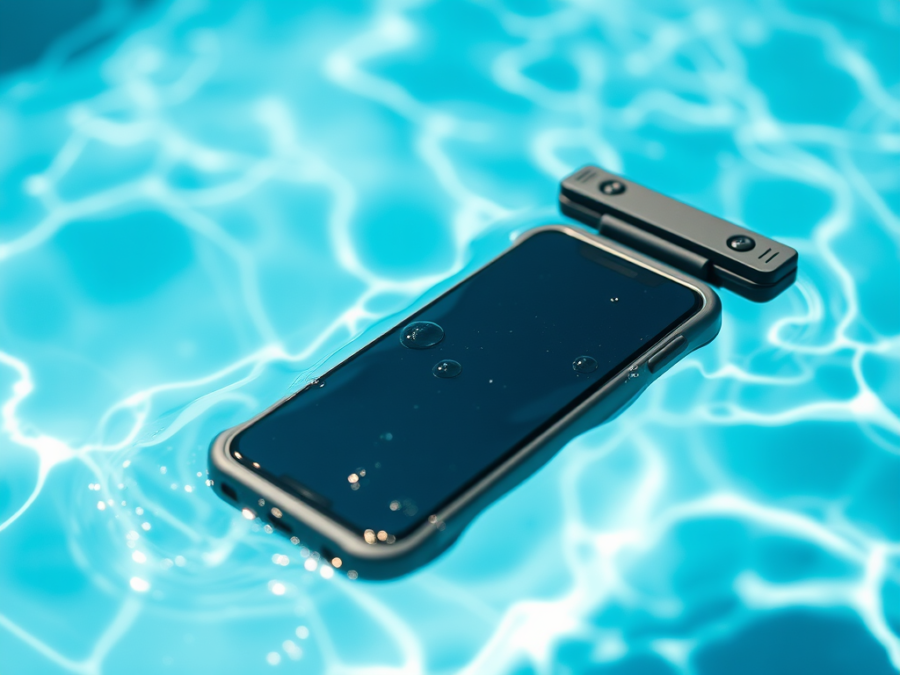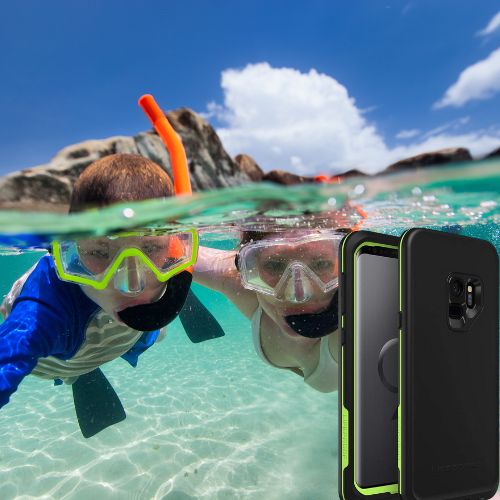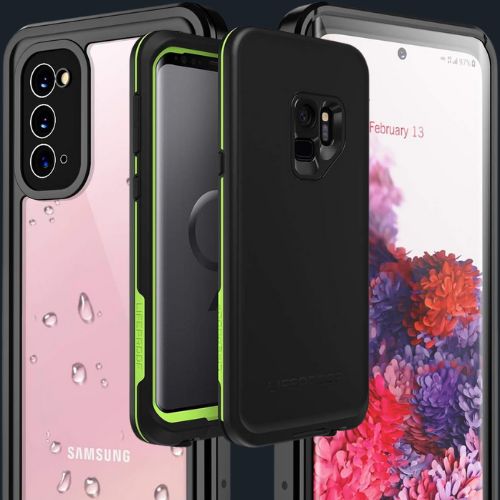Do Waterproof Phone Cases Really Work? – The Truth You’ve Been Waiting For
Do waterproof phone cases really work? That’s the million-dollar question, isn’t it? If you’re like me, the thought of dropping your phone in water makes your heart skip a beat – especially when your phone contains your whole life (and maybe a few embarrassing selfies).
So, you buy a waterproof phone case, slap it on, and hope for the best. But there’s still that tiny voice in the back of your head asking: do waterproof phone cases really work when it matters most? Let’s dive into the nitty-gritty (and yes, a bit of fun) to answer this once and for all!
Do Waterproof Phone Cases Really Work?
Yes, the best waterproof phone cases really work, but their effectiveness depends on the quality, design, and proper use. High-quality waterproof phone cases are built to create a seal that prevents water from entering and damaging your phone.
We’ve all heard the promises: waterproof phone cases will keep your phone safe from everything short of a tsunami. But let’s be real – do waterproof phone cases really work for the stuff we actually do with our phones?
Whether you’re just chilling at the pool or hitting the rapids in a kayak, there are different levels of protection including:
|
|
|
|
1. Casual Use
For everyday water exposure, like spilling your drink, taking a quick swim, or even a brief dip in the pool, most waterproof phone cases should be just fine.
Brands like LifeProof and JOTO have IP68 ratings and are designed for minor submersion and light splashes. If you’re careful, these cases are great for casual protection.
2. Water Sports (Kayaking, Snorkeling, Etc.)
This is where things get interesting. If you’re into kayaking, paddleboarding, or snorkeling, the question do waterproof phone cases really work starts to depend on the brand and the scenario.
For example, if you’re out kayaking and your phone ends up in the water for more than a few seconds, you need a case that can really handle prolonged exposure to water.
Based on user experiences, cases like Hitcase Shield and Catalyst Total Protection are your best bets. They’re designed to withstand submersion and protect your phone even when there’s a lot of water contact. If you own iPhone you want to protect, you can check these best iPhone cases or Samsung Galaxy S cases.
3. Diving or Prolonged Submersion
If you’re going to be underwater for longer periods – say, for scuba diving or deep-sea snorkeling – you’ll need something even more robust. Regular waterproof cases aren’t made for these kinds of depths.
But that’s not a problem, companies like ProShot specialize in cases that can go deeper, up to 10 meters or more, and they’re specifically designed for underwater use, complete with lens attachments for taking crystal-clear underwater photos.
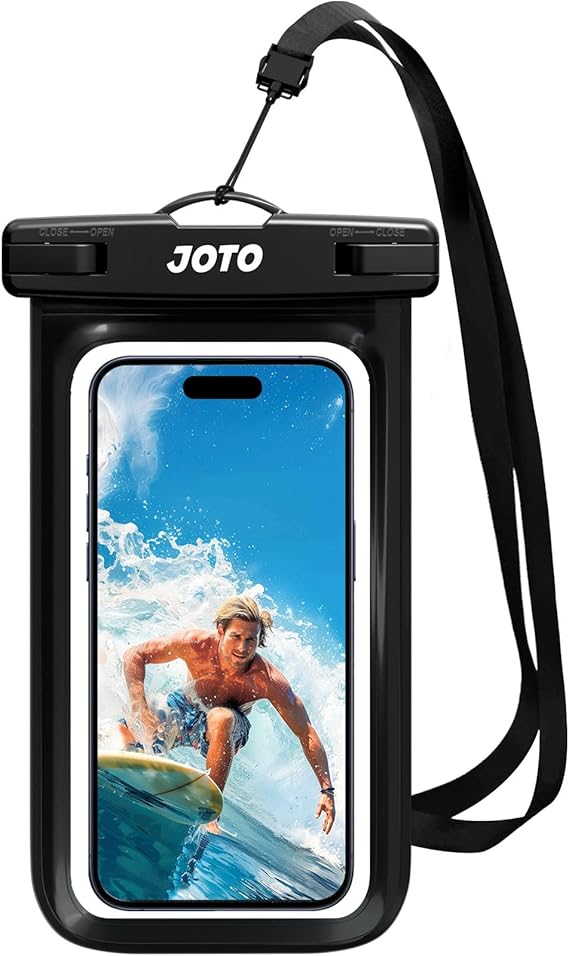
Test Your Waterproof Phone Case First
Always check the case’s specs and, if possible, test it before you use it. An easy way to test it? Put some tissue inside the case and submerge it in water. If the tissue stays dry, you’re good to go. If not, that’s a red flag, and it’s time to look for a new case.
What Does “Waterproof” Actually Mean?
Let’s clear up what waterproof actually means because the term can be deceiving. When people ask, do waterproof phone cases really work, they usually expect their phone to survive every possible water situation – whether it’s a casual swim, kayaking, or getting caught in a rainstorm.
But not all cases are created equal.
Enter the IP rating system. IP stands for “Ingress Protection,” which tells you how resistant something is to dust and water. When you see IP68 on a case, it means it’s dust-tight and can handle being submerged in water – up to about 1.5 to 2 meters for 30 minutes, typically.
This rating is great for casual exposure like dropping your phone in the pool or taking it out in the rain. But do waterproof phone cases really work beyond these conditions?
If you’re planning on diving deeper than that or doing something extreme, like taking it on a kayaking trip or snorkeling in rough seas, you’re pushing the limits of most standard waterproof phone cases.
For these situations, you need specialized cases, like those from Catalyst or ProShot, which are built to handle more intense water exposure.
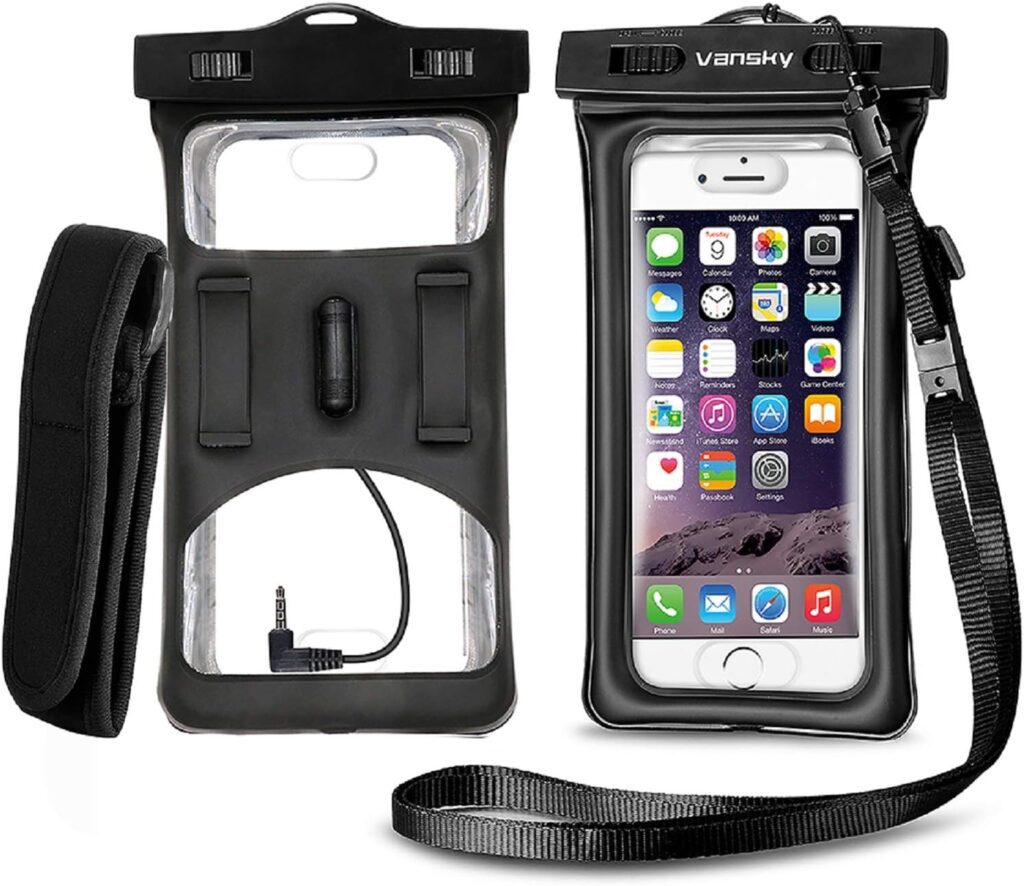
Can You Still Use Your Phone with a Waterproof Case On?
We get it – protecting your phone from water is great, but what about using it? This is where another layer of the question comes in: do waterproof phone cases really work while you’re actually trying to use the phone?
1. Taking Photos
One big complaint about waterproof phone cases is that they can mess with your photos. A lot of cheaper cases have a plastic cover over the camera that can distort your images or make them blurry.
However, higher-end cases like ProShot and Catalyst have fixed this problem by using special optical lenses that don’t interfere with your shots. If underwater photography is your thing, this is something to consider when choosing a case.
2. Call Quality
Making calls can be a bit of a challenge when your phone is encased in thick plastic. It’s not unusual to hear muffled sounds, which is frustrating if you’re trying to have a conversation.
However, some brands, like LifeProof, have included sound-enhancing membranes that allow sound to pass through while still blocking water. If you plan to make calls while your phone is in the case, look for one with this feature.
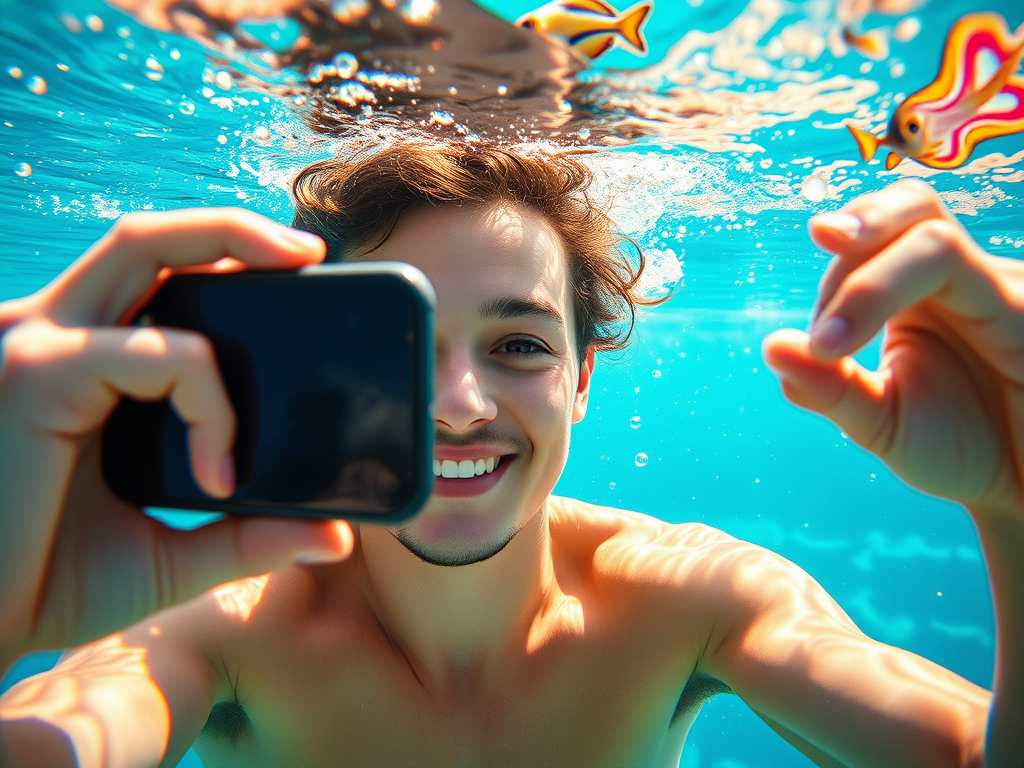
3. Touchscreen Sensitivity
Let’s be real: trying to use your phone’s touchscreen through a waterproof case can be a bit of a pain. Sometimes, the screen just doesn’t respond as well, especially if there’s water on it. High-quality cases like Hitcase Shield tend to have better touchscreen sensitivity, but even they’re not perfect.
If using your phone underwater is important to you, make sure to choose a case that’s specifically designed with high touch sensitivity in mind.
Always check user reviews before purchasing a case. Real-world feedback will tell you how well the case performs when it comes to things like photo quality, sound, and touchscreen responsiveness.
Do Waterproof Phone Cases Last?
This brings us to another important question: do waterproof phone cases really work in the long term? Sure, they might do great on day one, but what about six months from now? Here is where problem can arise:
1. Wear and Tear
Waterproof phone cases can degrade over time, especially if you use them frequently in harsh environments like saltwater or sandy beaches.
Even the best cases from brands like LifeProof or OtterBox can wear out, with seals becoming less effective as they age. This is particularly true if you don’t take care of them properly.
2. Durability
While high-quality cases are built to last, regular maintenance is key to ensuring they continue to work. After each use, especially in saltwater, rinse your case off with fresh water to avoid salt build-up, which can degrade the seals.
And always inspect the seals for wear and tear before each use. These small steps can help prolong the life of your waterproof case.
If you use your waterproof case frequently, it might not last forever. Keep an eye on its performance, and if you notice any leaks or issues with the seals, it’s time to invest in a new one.
Is It Worth the Price? Do Waterproof Phone Cases Really Work for Every Budget?
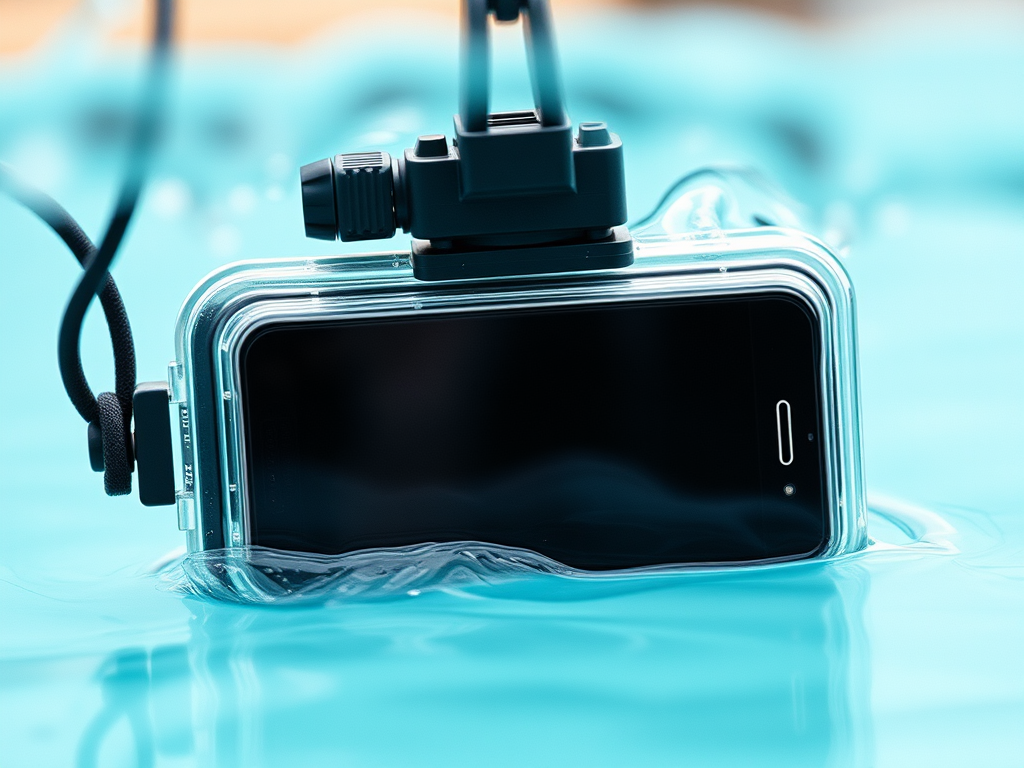
Let’s talk about price. We all love a good deal, but when it comes to protecting a $1,000 phone, is it worth skimping on a waterproof case? The answer: it depends.
1. Budget-Friendly Phone Case Options ($10-$20)
For light use – like protecting your phone from splashes or rain – budget cases like JOTO get the job done. These cases might not hold up under more extreme conditions, but they’re great for occasional water exposure.
2. Mid-Range Phone Cases ($30-$60)
If you’re more adventurous and need a bit more protection, mid-range options from brands like LifeProof or Catalyst are solid choices. They offer better functionality, last longer, and are designed to withstand more serious water exposure.
3. High-End Cases ($70-$100)
For those who are serious about water sports or need heavy-duty protection, investing in a high-end case like ProShot or Hitcase Shield is a no-brainer. These cases are built for extreme conditions and offer the best protection and functionality.
So, choose a case that matches your lifestyle. If you’re just worried about the occasional splash, a cheaper case will suffice. But if you’re regularly exposing your phone to water, spending a bit more on a high-quality case could save you a lot of headaches.
The Bottom Line on Do Waterproof Cases Really Work
So, do waterproof phone cases really work? Yes, waterproof phone cases do really work when used as intended and maintained properly. They provide reliable protection against water damage in various conditions, especially for casual and moderate exposure.
For extreme water activities, it is important to choose a case specifically designed for such conditions and adhere to maintenance recommendations. While no case can guarantee absolute protection in all scenarios, adhering to the specifications and maintaining the case ensures the best possible defense against water damage.
